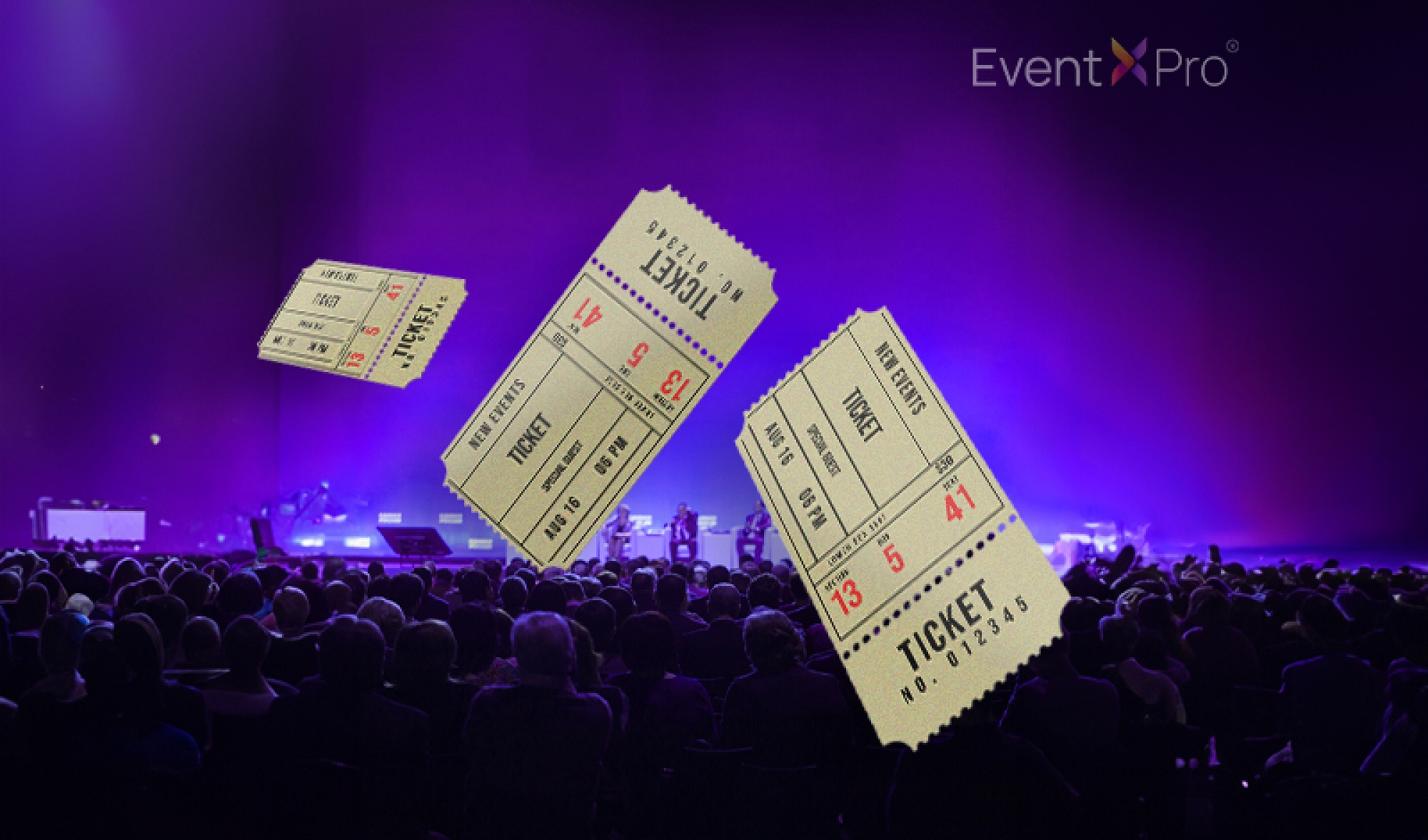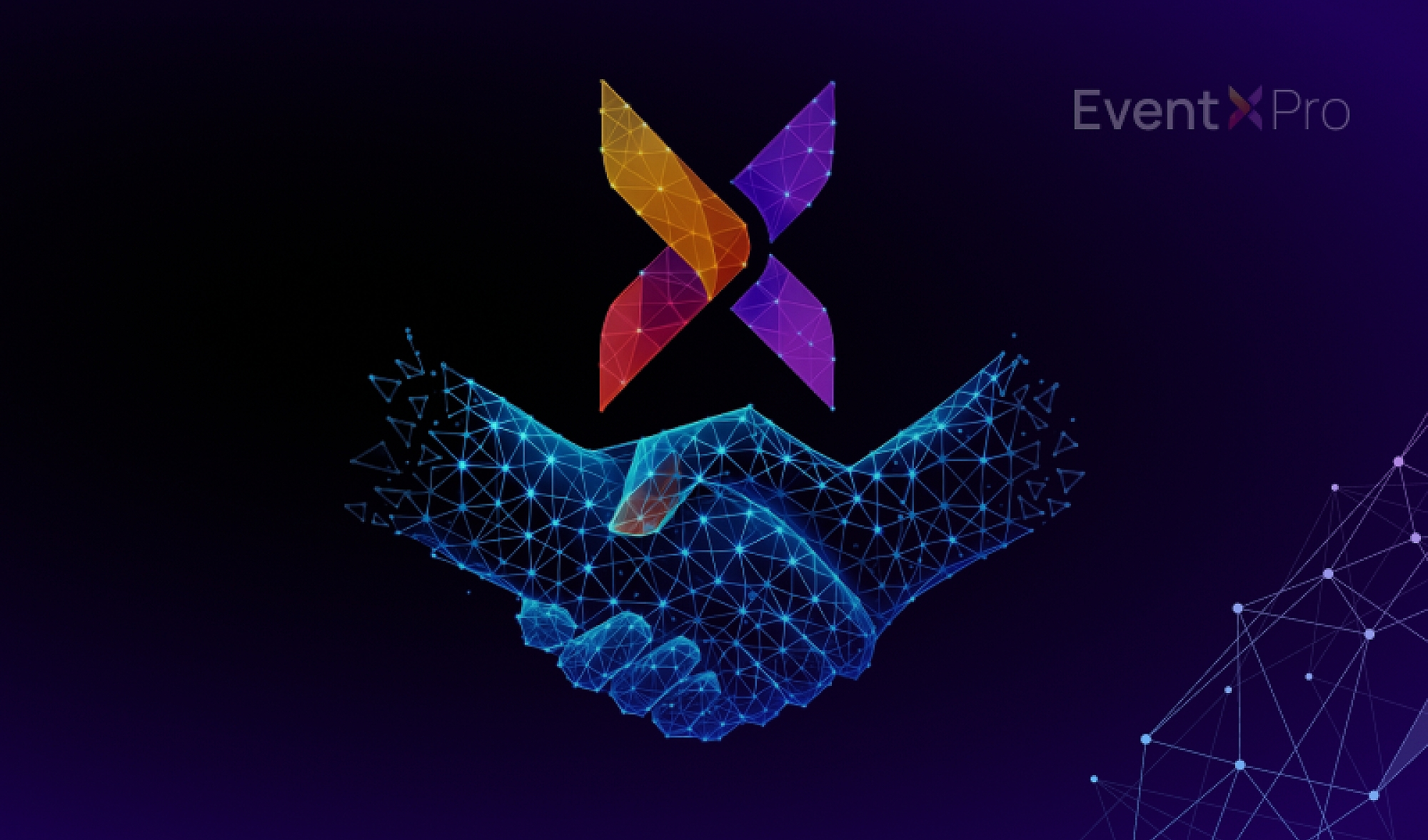Since the pandemic, we have seen a massive shift in the adoption of digital tools for almost every requirement. This has immensely paved the way to somehow sustain the technological advancements and keep up with the competition. Studies show that with digital check-ins, the wait times are reduced by up to 70% and have significantly boosted attendee satisfaction. Even with sustainability on their minds, event platforms are found with printed gadgets and feedback forms at times. Now, this is not just outdated but more likely inefficient.
From printed attendee badges to physical registration forms, certain organizers cling to traditional methods despite the abundance of advanced Event Management System solutions available. Why is this happening in 2025? The reasons might shock you.
The Rise of Event Tech: Why Paper is Becoming Obsolete
Organizers are looking for authenticity in their events. Even with event tools that offer features beyond basic registration for your events, some event planners argue that paper adds a touch of personal element to it, especially in this scenario where screens are dominating the tech world.
Event management software in the middle east has advanced over the last few years and goes beyond offering easy digital experiences. While it is true that some attendees still may appreciate the tactile feel of paper especially at high-end corporate galas or exclusive networking events, to offer real-time analytics, live polling, personalized agendas, mobile app integration, easy communication digital systems need to perceived. That said, this doesn’t mean event organizers are considering abandoning technology. Many use a hybrid approach, blending digital tools like Event Planning Software with selective paper elements for a balanced attendee experience. For modest gatherings, the benefit from automation is often more cost-effective than printing, managing, and manually processing everything as technology scales than paper.
Security Concerns & Digital Fatigue
One of the major reasons why paper is considered by the organizers, as they say is due to cyber security reasons. Ironically, in an era of heightened cybersecurity risks, they claim that physical tickets eliminate concerns like QR code fraud. But with the advancements of modern event management systems, it is nor possible to incorporate advanced encryption, real-time fraud detection, and multi-factor authentication, often making digital solutions more secure than their physical counterparts. While paper may offer temporary relief from digital overload, dismissing technology entirely overlooks its evolving ability to address both security and user experience.
Legacy Systems & Resistance to Change
Another reason is the resistance to change. Some organizations, particularly in traditional industries, still operate on outdated processes. Webinar Software & Solutions and In-Person Event Solutions enhance operations; transitioning requires training and investment which is something not all businesses prioritize.
Smaller event organizers, especially those with limited budgets, may also find it easier to stick with paper rather than adopting new technology. Yet, the long-term inefficiencies of manual data entry, lost forms, and higher printing costs which often outweigh the perceived savings.
How Hybrid Events Combine a balanced Event Experiences
Event planners and organizers who are adopting the forward-thinking approach are focusing on embracing the smart hybrid approach that combines the best of digital and physical elements rather than abandoning paper entirely. For example, they’re implementing digital check-ins while offering optional printed badges for attendees who prefer a tangible keepsake or distributing interactive brochures with QR codes that link to digital resources bridging the gap between convenience and engagement.
Hybrid event solutions further enhance this balance, allowing virtual participants to connect seamlessly while in-person guests enjoy tactile experiences. By leveraging an advanced event management system, organizers can customize these integrations, ensuring they cater to both digital preferences and the enduring appeal of traditional formats. This balanced strategy not only mitigates digital fatigue but also enhances accessibility and attendee satisfaction.
Traditional Materials Are Adapting in the Digital Event Age
Paper remains relevant in 2025, but its role is evolving. Event tech now offers unmatched efficiency, scalability, and data insights, pushing organizers to use paper more strategically only where it adds tangible value. This shift reveals a key insight: paper isn’t disappearing but being reinvented. Today’s printed materials serve intentional purposes, from creating tactile experiences to ensuring accessibility. As digital tools advance, paper will adapt rather than vanish. The future of events lies not in choosing between paper and technology, but in blending them purposefully. Success will belong to those who leverage each for their unique strengths in a hybrid event landscape.




Write a Comment